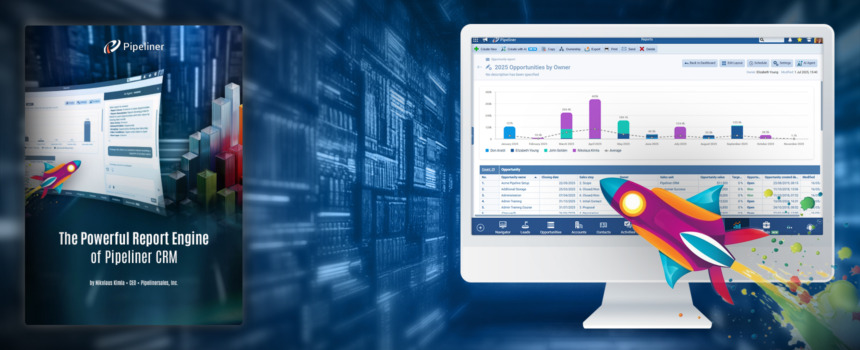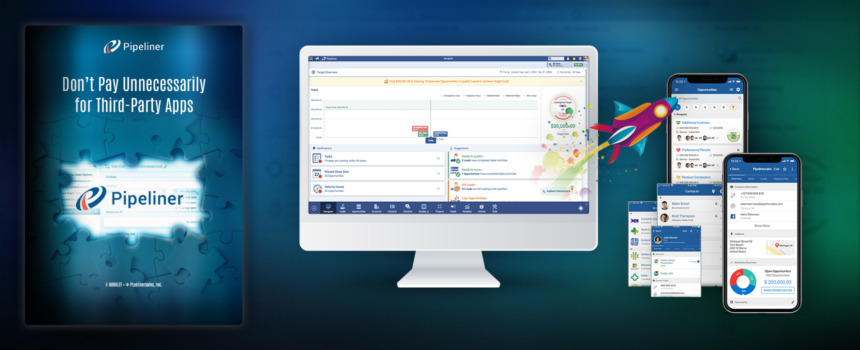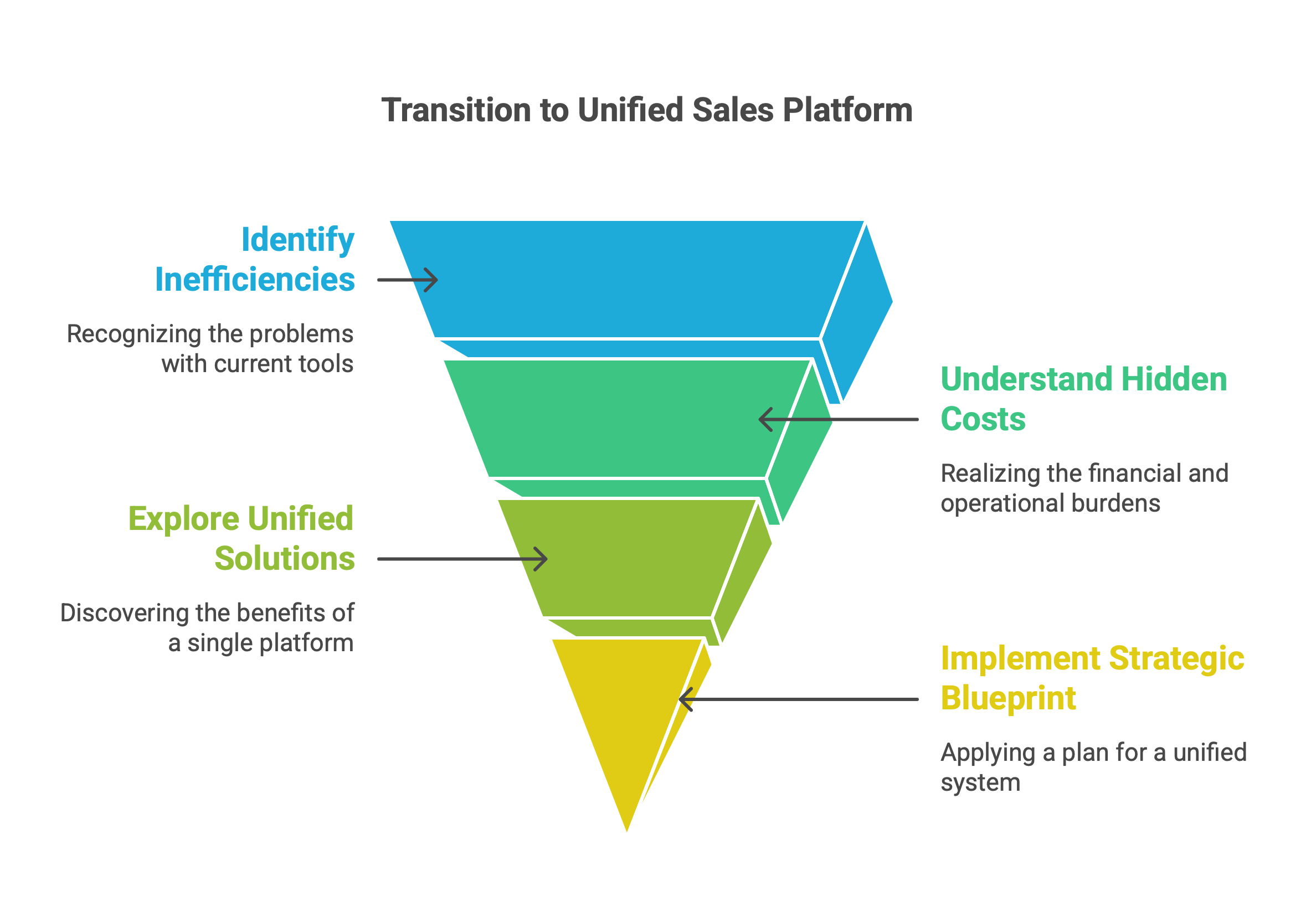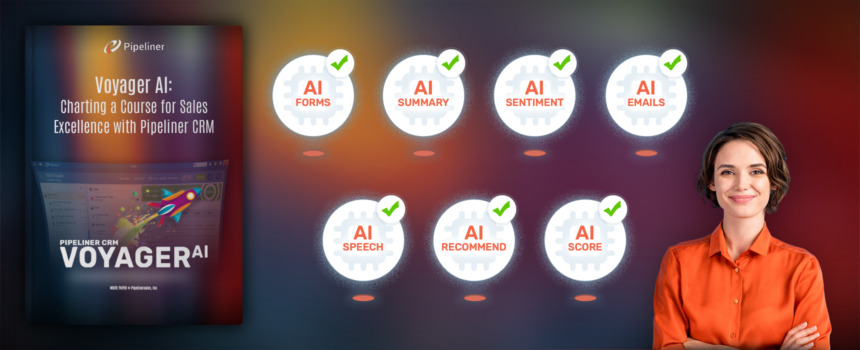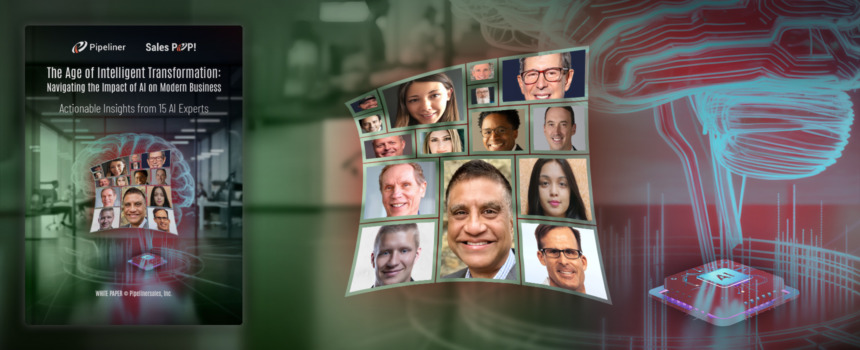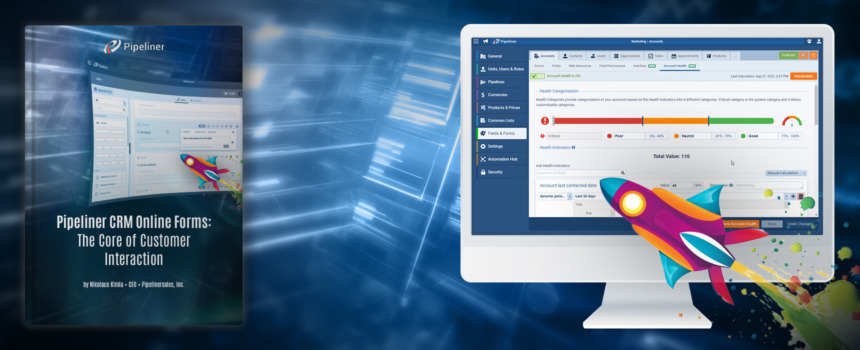The traditional approach to sales in the mining industry was straightforward, centered on trading raw materials like copper and gold based on global market prices and standard contracts. For many years, the main goal was to sell large volumes of extracted resources, with sales methods firmly established in commodity trading practices.
This long-standing model is now undergoing a significant change. The contemporary mining industry requires a more advanced strategy, propelled by digital innovation and the growing influence of Artificial Intelligence (AI). Sales are shifting from merely transacting tonnes of ore to demonstrating clear value, which includes operational efficiency, better safety records, and adherence to crucial Environmental, Social, and Governance (ESG) standards. This evolution is driven by pressures such as fluctuating commodity prices and a greater emphasis from investors and customers on sustainability and ethical sourcing. AI is not just a tool for improving operations; it is a key component of new sales strategies, offering the data and insights needed to prove performance and meet changing customer demands.
Brief Summaries
- I. Introduction: Mining Sales Reimagined – From Ore to AI-Driven Opportunities. This section outlines the fundamental shift in mining sales, moving from a traditional focus on trading bulk commodities to a modern, sophisticated approach that uses Artificial Intelligence to deliver and prove value in areas like efficiency and ESG compliance.
- II. The Bedrock of Mining Sales: A Look Back at Traditional Practices. Here, the ebook looks at the historical foundations of mining sales, detailing the core mechanisms of commodity trading, such as spot markets for immediate transactions, futures markets for managing risk, and hedging with financial derivatives.
- III. Digital Transformation: Reshaping the Mine Site and the Sales Desk This part explores how digital technologies like the Internet of Things (IoT), advanced analytics, cloud computing, and automation are revolutionizing mine operations. It explains how the data generated from this transformation provides sales teams with verifiable proof of performance to build trust and differentiate their offerings.
- IV. AI Across the Value Chain: Fueling Growth from Exploration to Extraction This section details the widespread impact of AI across all stages of mining, from exploration and resource estimation to mine planning, autonomous systems, predictive maintenance, and environmental monitoring. It highlights how AI drives improvements in efficiency, safety, cost-effectiveness, and sustainability.
- V. Intelligent Selling: How AI is Revolutionizing Mining Sales Strategies. This portion focuses on how AI is directly transforming sales functions. It covers AI-powered Customer Relationship Management (CRM) for deeper customer insights, predictive analytics for more accurate demand and price forecasting, and the connection of operational data to create compelling, value-based sales propositions.
- VI. The Future Forecast: Al’s Deepening Impact on the Mining Industry. Looking ahead, this section projects the future influence of AI on the mining sector. It discusses emerging trends like Generative AI, autonomous AI agents, and advanced robotics. It considers how these will reshape business models, competitive dynamics, and the overall structure of the value chain.
- VII. Conclusion: Navigating the Future with AI-Driven Insight The conclusion summarizes the industry’s evolution and offers strategic recommendations for mining companies to harness AI successfully. It emphasizes the need for a holistic AI strategy, investment in data infrastructure, talent development, and leveraging AI to demonstrate value, particularly in ESG performance.


